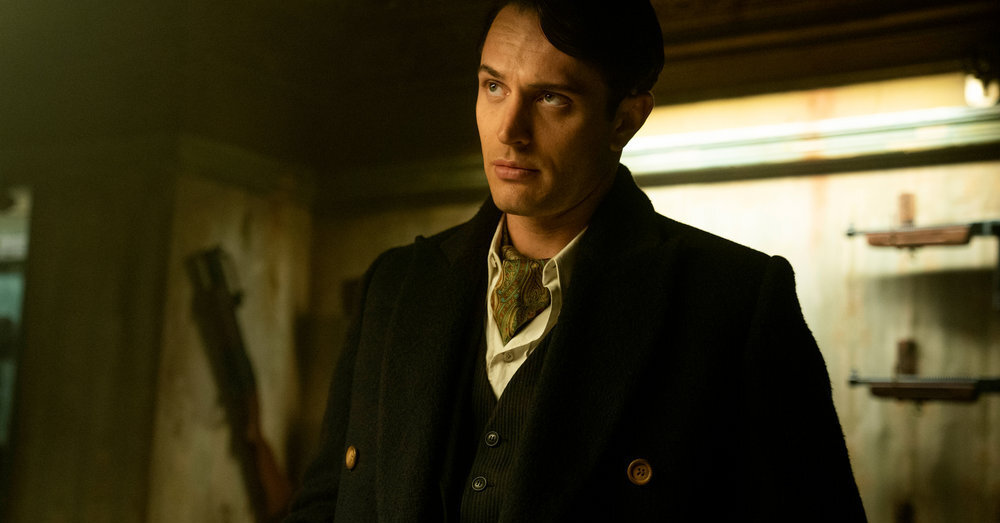‘The Continental’ Review: A World Away From John Wick
#Continental #Review #World #John #Wick,
[ad_1]
The main culprit is probably the writing, by Greg Coolidge, Ken Kristensen, Shawn Simmons and Kirk Ward (at least three are credited on each episode). There’s a lot of dialogue, which tries for but never achieves the aphoristic quality that Derek Kolstad and other writers often managed in the films. And “The Continental” takes the central Wick theme of revenge and waters it down, saddling multiple characters with formulaically tragic, virtue-signaling back stories that don’t have the abrupt, almost abstract emotional charge of Wick’s travails in the films.
But there’s fault in the production, too, which tries to simulate an edgy, trash-stewn 1970s New York City on locations and soundstages in and around Budapest. The Continental, if you are unfamiliar with the Wick universe, is a posh underworld hotel and neutral zone — a Soho House for off-duty hit men and bounty hunters — located in New York’s Financial District. In “The Continental,” we see its future owner, Winston Scott, played in the films by McShane and here by Colin Woodell, as a young con man doing battle with an earlier proprietor, Cormac, played by Mel Gibson.
As the overly complicated plot has Winston assembling a team of outsiders to avenge his brother, retrieve a priceless stolen artifact and take over the hotel, the action moves through stereotypically dicey areas — the waterfront, Chinatown, Alphabet City, the Bowery — that are staged with a lot of busy effort but a minimum of imagination. Story points are underlined by a relentless, on-the-nose selection of 1970s standards (Heart, Chicago, Gerry Rafferty and the like). Period details — a plop-plop-fizz-fizz Alka-Seltzer commercial, a “Coffy” poster, Pong, allusions to blaxploitation kung fu films and “The Day of the Jackal” — are trotted out for our approval. The screen is full, but nothing makes much of an impression.
And while there are plenty of appealing and talented people in the cast, the performances are characterized by a similar deflation. Woodell and Ayomide Adegun, as the future Continental concierge Charon, are capable but lack the distinctiveness and style that McShane and Reddick gave the characters in the films. Gibson, top-billed but in a secondary role, goes through the motions, hitting one note of grouchy exasperation without conveying any real menace. A few people register: Marina Mazepa and Mark Musashi as creepily doll-like Teutonic killing machines, Jessica Allain as a gentler version of a Tamara Dobson-style martial-arts badass, Ray McKinnon as a folksy sharpshooter.
In the area of most immediate and important comparison, “The Continental” picks up a stylistic tic from the “Wick” fight scenes: the need for each of the assembly-line victims of the ritualistic mayhem to be shot at least twice. That’s it, though. The merely competent action choreography doesn’t have the wit and clarity that can, if you’re willing to let it, turn violence into visual and emotional catharsis, like the songs in a good musical. That’s a world “The Continental” hasn’t discovered.
[ad_2]
thank youf or watch : ‘The Continental’ Review: A World Away From John Wick
[ad_1]
‘The Continental’ Review: A World Away From John Wick
[ad_2]
